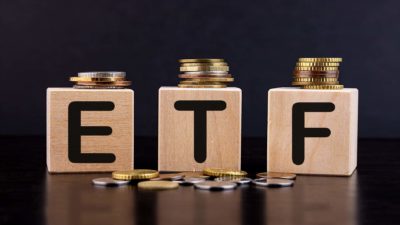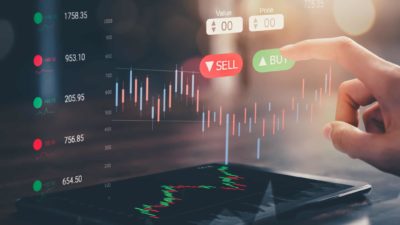AI shares have boomed in the last 12 months as investors have identified which businesses are going to benefit from selling the new technology to the world. There are a few ASX-listed exchange-traded funds (ETFs) that can give us exposure to that world.
An ETF gives us exposure to a whole range of businesses in just one investment, which is handy considering we can't say for certain which AI-related business will be the big winner of the future, though NVIDIA Corp (NASDAQ: NVDA) is certainly doing its best to claim the AI title.
Having said that, let's look at three ASX ETFs that could be good candidates to own if AI exposure is the goal of an investor.
Global X Fang+ ETF (ASX: FANG)
This ETF aims to just invest in the largest businesses in the US. They are involved in a number of investment themes including technological advancements, changing demographics and consumer preferences.
The big technology businesses are among the most influential globally in the AI space. The FANG ETF gives good exposure – around 10% of the portfolio – to names like Nvidia, Microsoft, Tesla and Alphabet. It only owns 10 names though, which isn't a lot of diversification.
It has an annual management fee of just 0.35%, which is cheaper than other ASX ETFs that give sizeable exposure to large tech names. For example, the Betashares Nasdaq 100 ETF (ASX: NDQ) has an annual management fee of 0.48%.
BetaShares Global Robotics and Artificial Intelligence ETF (ASX: RBTZ)
The idea of this fund is that it invests in global companies involved in areas like industrial robotics and automation, non-industrial robots, artificial intelligence and unmanned vehicles and drones.
It is currently invested in 42 names, so there's more diversification with this option than the FANG ETF.
The RBTZ ETF has an annual management fee of 0.57%, which isn't bad.
There are four industries within the portfolio with a weighting of at least 10%, including industrial machinery and supplies (24.3%), semiconductors (21.3%), healthcare equipment (12%) and electronic equipment and instruments (11.2%).
In terms of the biggest individual positions, there are five names with a weighting of more than 7.5%: Nvidia (8.9%), Abb (8%), Intuitive Surgical (7.9%), Keyence (7.9%) and SMC (7.7%).
Global X Robo Global Robotics & Automation ETF (ASX: ROBO)
This is another fund involved in robotics, automation and so on.
Global X explains that the average cost of an industrial robot declined from US$46,000 in 2010 to just US$27,000 in 2017. It's forecast to fall below US$11,000 by 2025 as technology improves and scales. The fund provider suggests robotics and automation have "wide-reaching applications, extending far beyond industrial activity."
The ROBO ETF comes with an annual management cost of 0.69%, so it's the most expensive of the three ASX ETFs in this article.
The ROBO ETF currently has 77 holdings in the portfolio, with the biggest position accounting for less than 2% of the portfolio and most of the weightings being between 1% and 2%.
At the time of writing, the biggest three positions are Kardex, Intuitive Surgical and Autostore.









